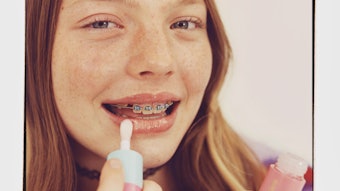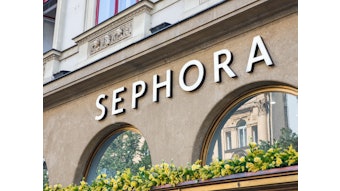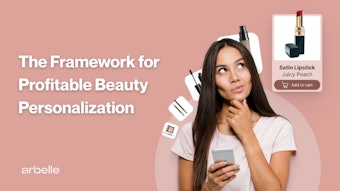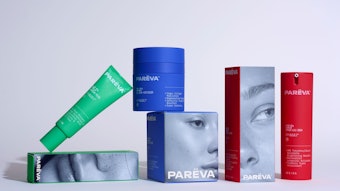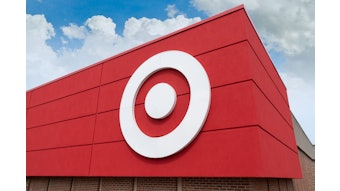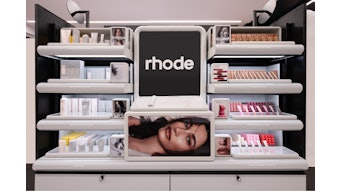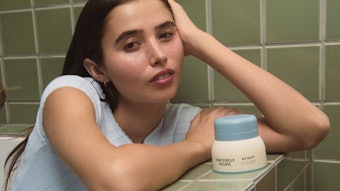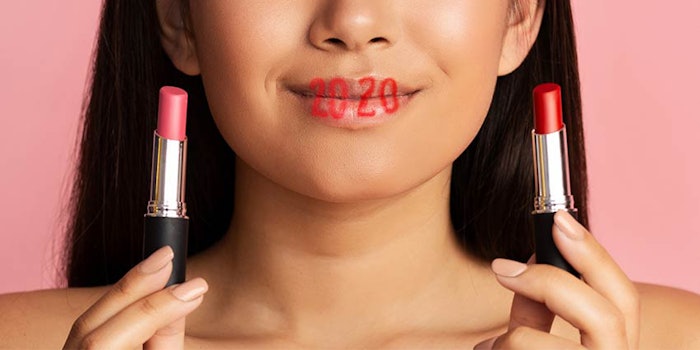
GlobalData has revealed four beauty trends to look out for in 2020: anti-pollution revival, cannabis cool-down, back to basics and 360 degree wellbeing. Lia Neophytou, consumer analyst at GlobalData, highlighted the hows and whys of these trends going into the new year.
Further reading: 7 Trends for 2020
Anti-pollution revival
Based on the increasing consumer awareness surrounding pollution, Neophytou said going into 2020 anti-pollution claims will no longer be considered a “nice to have claim” among consumers, but an expectation and necessity for brands.
As there is a heightened awareness of dangerously high pollution levels among urban cities across the globe, Neophytou said consumer demand for more complete protection is increasing and it can be anticipated that an “anti-pollution claim” will become a deciding factor among consumers purchasing beauty products.
Based on these expectations, Neophytou said beauty brands will be more intensely focused on products that fight against pollution exposure. She pointed toward Oskia’s City Life Facial Mist, said to fight environmental aggressors when spritzed on the skin, and Maybelline’s Dream Urban Cover foundation, which provides both anti-pollution and SPF coverage, as examples.
Related: Facebook IQ Releases 2020 Trend Forecast
Cannabis cool-down
According to GlobalData’s 2019 Q3 global consumer survey, more than a third, or 37%, of global consumers find CBD/Cannabidiol appealing as a beauty ingredient. Neophytou said while this appeal may intensify in the future, beauty brands will have find difficulty in using CBD as a differentiating factor going forward.
Neophytou said instead beauty players will incorporate the ingredient as an expansion upon other natural propositions, instead of emphasizing it as the star ingredient. Brands will more subtly point toward its anti-inflammatory, hydrating and conditioning benefits.
Back to basics
The GlobalData’s 2019 Q3 global consumer survey also identified that 81% of global consumers consider living a less complicated lifestyle important in creating a feeling of wellbeing/wellness.
Neophytou said the minimalistic approach to skin care, hair care and beauty will emerge as a means for consumers to identify the most essential products and avoid the use of excess products. She said as a result beauty brands will focus on personalized solutions boasting multiple benefits, with efficacy and sustainability perceptions heightened as a result.
She added that Unilever’s Skinsei uses technology to give consumers highly personalized offerings, which can assist consumers in finding one product capable of meeting numerous personalized needs.
Additionally, Neophytou said the South Korean “Skip Care” concept, of consumers only focusing on the most essential products, is similar to this trend.
Related: 4Trends Impacting the Asia Pacific Beauty Scene
360 degree wellbeing
The consumer understanding of wellbeing in beauty has expanded from solely encompassing safe, natural and chemical-free formulations to wellbeing that spans to physical and emotional aspects. In correlation, Neophytou said beauty products boasting features that promote mental and emotional wellbeing will experience proliferation in 2020.
Neophytou said Uma distributed a Pure Calm Wellness Oil, which is said to improve a sense of peacefulness and calmness. She added that emotional wellbeing was further encouraged by Revlon X Gurls Talk “Dare to Love Yourself” beauty kit, as it encouraged consumers to freely discuss personal issues.
Referencing the GlobalData 2019 Q3 global consumer survey again, Neophytou said this will be an important focus for beauty brands since 74% of consumers are concerned about stress or anxiety, while 76% are concerned about tiredness and fatigue.
